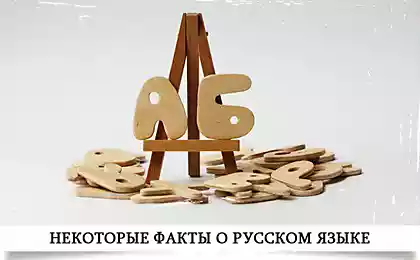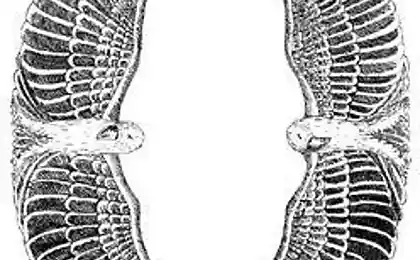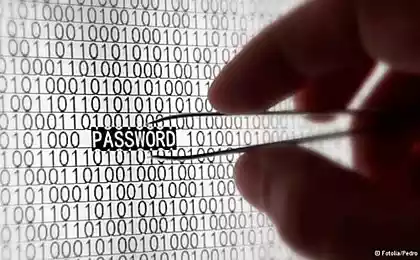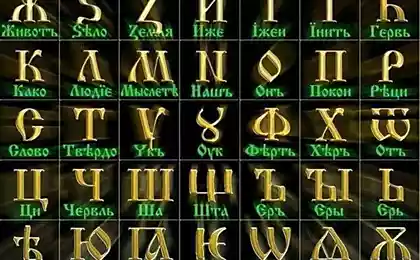619
Interesting facts about the letters
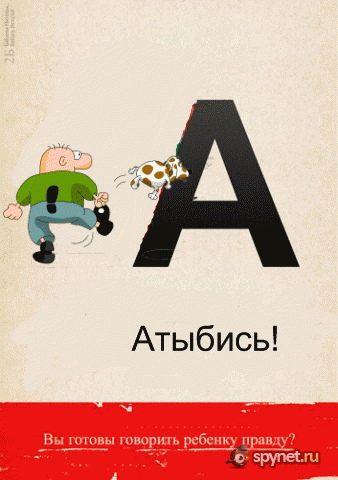
Currently, the world uses 65 different alphabets. The richest of them - Khmer, 72 letters in it, and most economical - the alphabet of one of the languages of Papua New Guinea, which is enough to 11 letters.
The alphabet invented by the Phoenicians and the Greeks invented introduce vowels in it. The last major improvement in the Roman alphabet developed scribes in the IV century AD: they shared the uppercase and lowercase letters.
The oldest letter - "O". It had more in the Phoenician alphabet around 3300 years ago and since then has not changed.
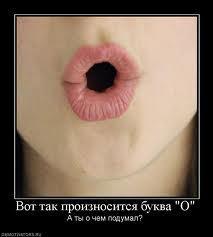
The most common languages in vowel - "A". No language in which it would not be such a sound. He is even in Abkhazia, where only two vowels - "a" and "e", and Ubykh, where "a" - the only one vowel.
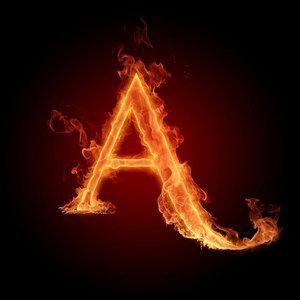
I am afraid that you will not find true Russian words that ended up to the sound of "E": a muffler and a pince-nez - French words.
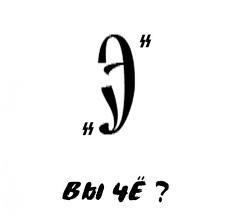
In the Russian language the letter "s" should never be a word at first. But the Turks simply adore her. Our word "closet" in Turkey sounds "yshkaf." Iraq in Turkey called "Yrak».

Linguists will tell you that in the Russian language was a vowel sound, a cross between "e" and "i", to refer it to the letter was a letter "YAT". However, in the XIX century it had no Russian could not if they wanted to at the hearing notice such subtle differences and spelling has become a nightmare for students. In the end, "yat" abolished.
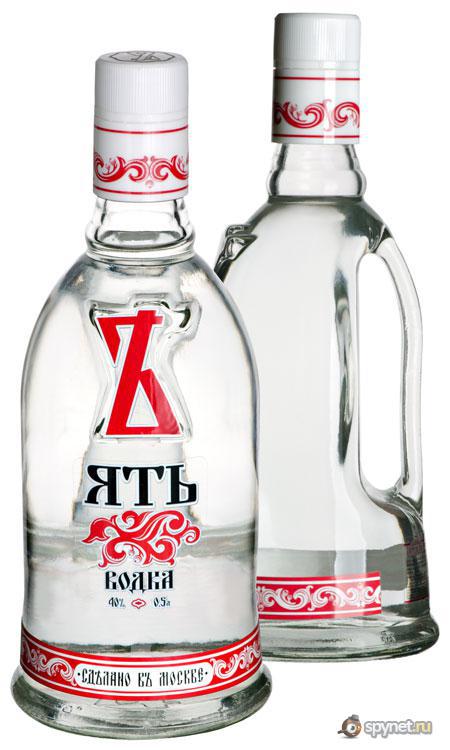
Expand the volume of Pushkin in most of his poems, you will not find the letter "F", in "The Tale of the Priest", and among the 30,000 letters "Poltava," there are only three "f". After reviewing any good dictionary of the Russian language, you will discover there are literally a dozen or two words with "f", which are found only in the Russian language. Moreover, it will be the word "sniff", "huff", "fall", "fufaney" and "Figl-Miglena».

The letter "hard sign" or as it used to be called "EP", now is quiet and still. But until recently students, who learned to read and write, - suffering from a terrible misfortune that letter. Until 1917, in the phrase, "Then the sign of tverdom Sh gnevom and negodovaniem wrote .." would have put 4 "EPA". The book "War and Peace" in 1897 to account for 54-55 per page of solid characters. It is more than 70 pages of useless! If you count all the books, we find that in Tsarist Russia were printed each year about eight and a half million pages from top to bottom covered only solid characters.
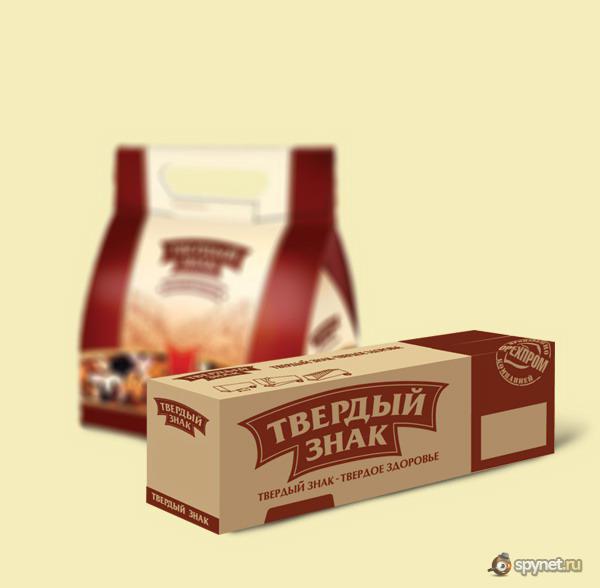
with letters today to End)



